How To Identify Maple Trees: Facts About Maple Tree Types
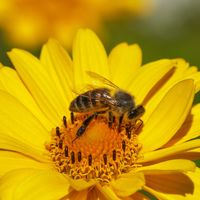
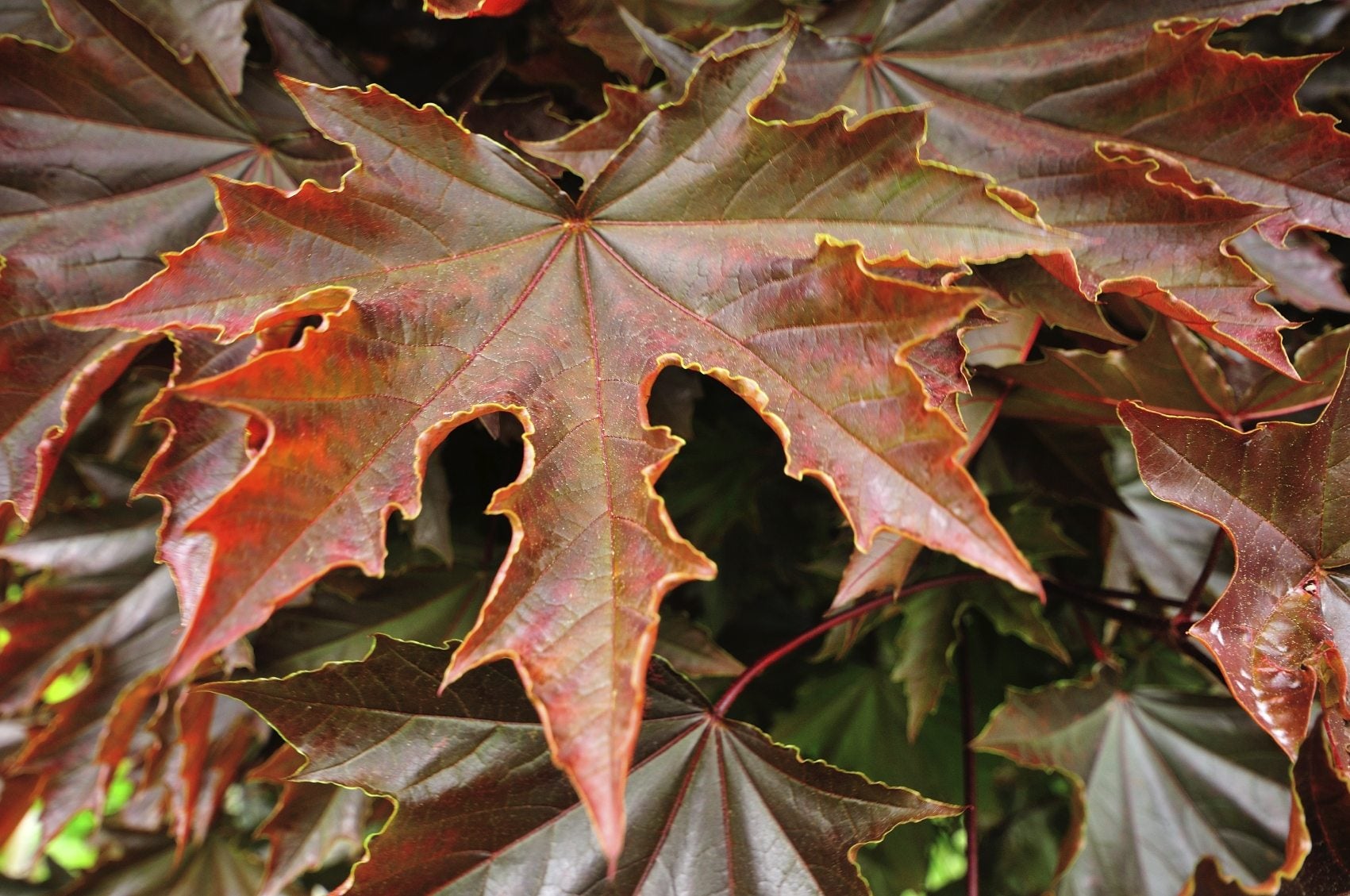
From the little 8 foot (2.5 m.) Japanese maple to the towering sugar maple that can reach heights of 100 feet (30.5 m.) or more, the Acer family offers a tree just the right size for every situation. Find out about some of the most popular maple tree varieties in this article.
Types of Acer Maple Trees
Maple trees are members of the genus Acer, which includes a lot of variety in size, shape, color, and growth habit. With all of the variations, it's hard to pinpoint a few obvious features that make a tree a maple. To make maple tree identification a little easier, let's begin by dividing them into two main groups: hard and soft maples. One distinction between the two maple tree types is the rate of growth. Hard maples grow very slowly and live a long time. These trees are important to the lumber industry and include black maples and sugar maples, known for their superior quality syrup. All maples have leaves divided into three, five, or seven lobes. The lobes on some maples are mere indentations in the leaves, while others have lobes so deeply divided that a single leaf can look like a cluster of individual, thin leaves. Hard maples usually have leaves with moderate indentations. They are dull green on top and a lighter color underneath. Soft maples include a wide variety of trees, such as red and silver maples. Their rapid growth results in a soft wood. Landscapers use these trees to get quick results, but they may become a problem in the landscape as they age. Quick growth results in brittle branches that break and fall easily, often causing property damage. They are subject to wood rot and landowners have to pay the high cost of tree removal or risk collapse. Another thing that all maples have in common is their fruit, called samaras. They are essentially winged seeds that twirl to the ground when ripe, much to the delight of children who get caught in a shower of “whirlybirds.”
How to Identify Maple Trees
Here are a few distinguishing characteristics of some of the more common types of Acer maple trees: Japanese Maple (Acer palmatum)
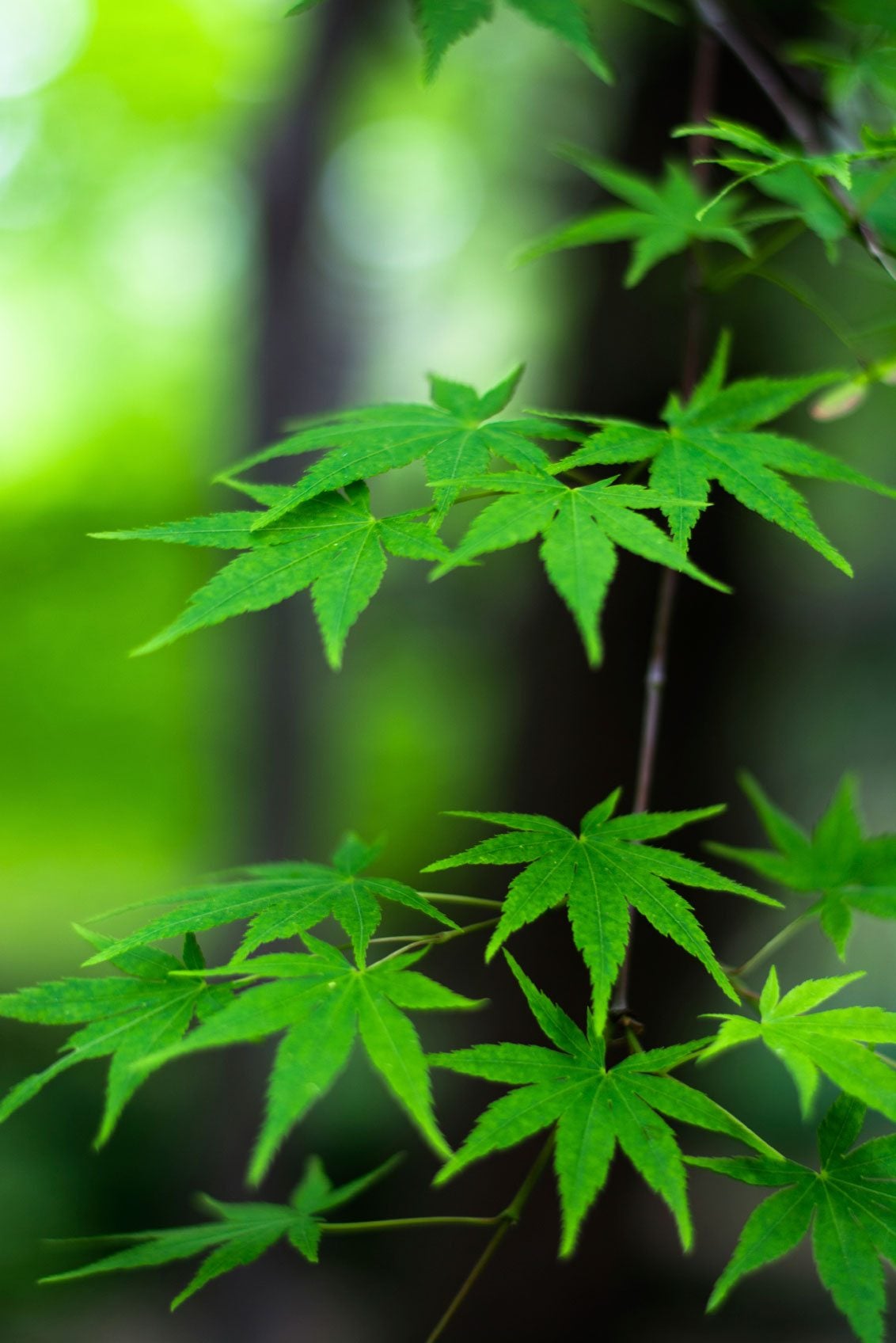
- Highly ornamental trees, Japanese maples may only grow to 6 to 8 feet (2-2.5 m.) in cultivation, but can reach heights of 40 to 50 feet (12-15 m.) in the wild
- Brilliant fall color
- The trees are often wider than they are tall
Red Maple (Acer rubrum)
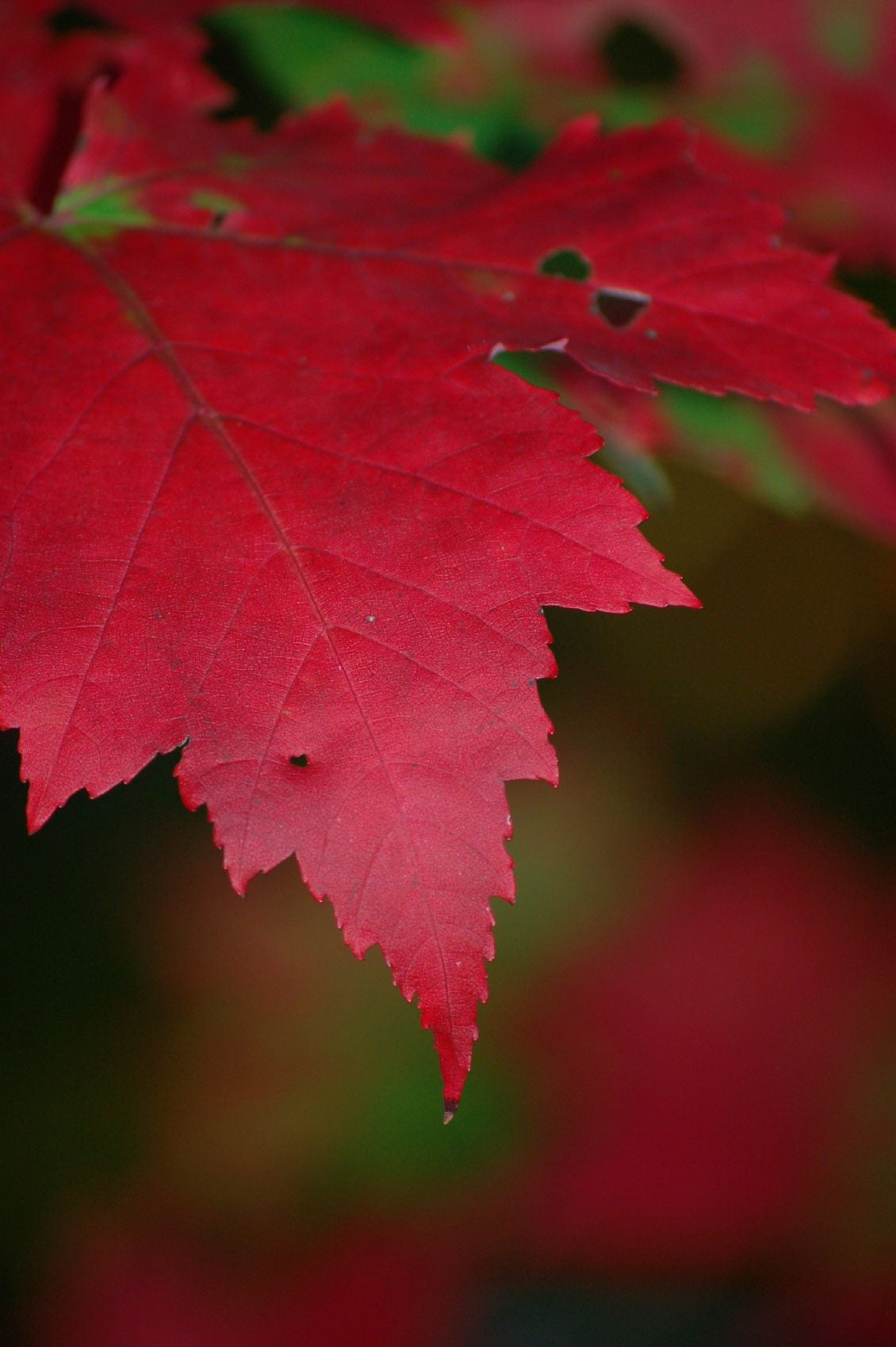
- Heights of 40 to 60 feet (12-18.5 m.) with a width of 25 to 35 feet (7.5-10.5 m.) in cultivation, but may reach over 100 feet (30.5 m.) in the wild
- Bright red, yellow, and orange fall color
- Red flowers and fruit
Silver Maple (Acer saccharinum)
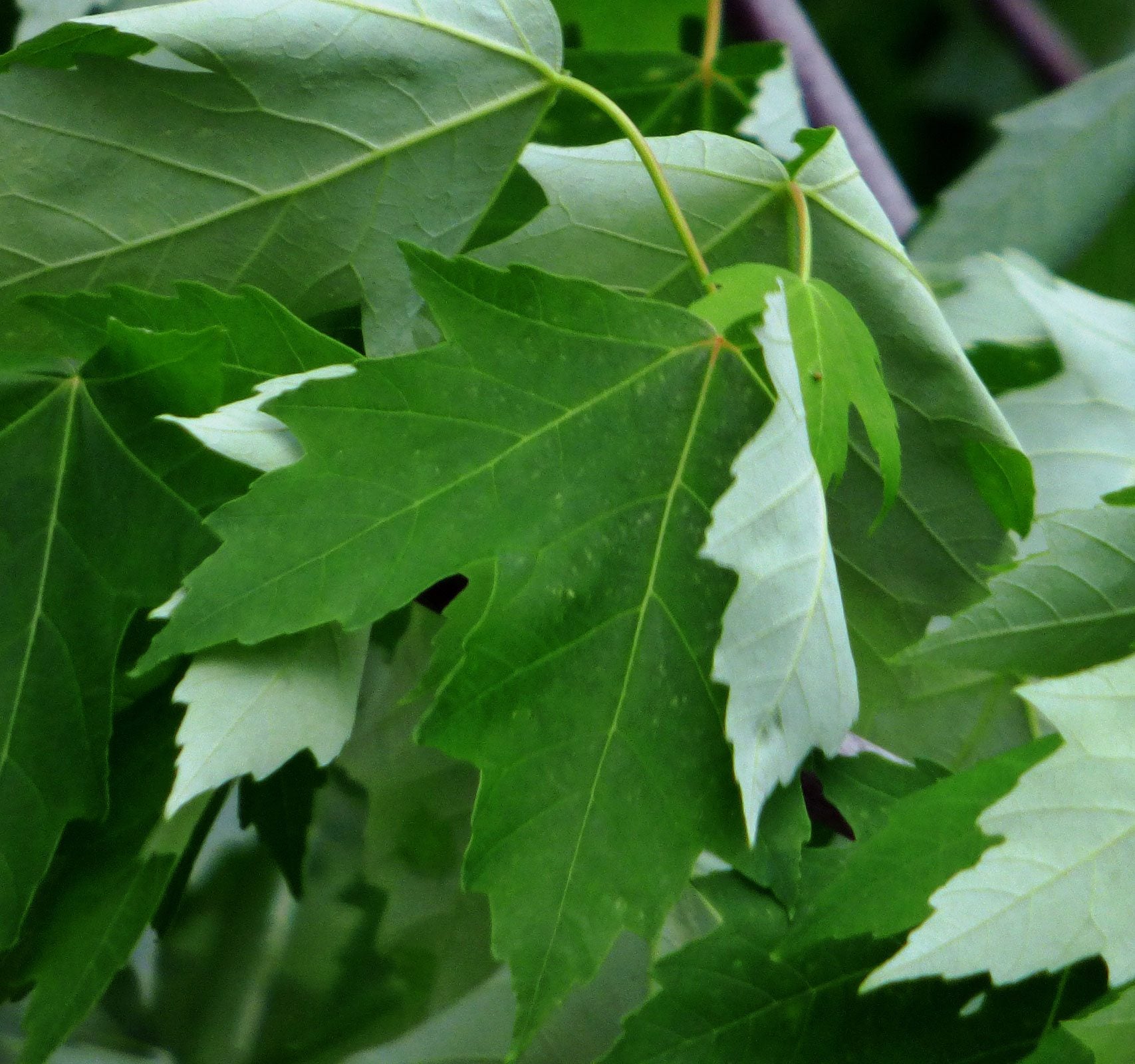
- These trees grow 50 to 70 feet (15-21.5 m.) tall with canopies that are 35 to 50 feet (10.5-15 m.) wide
- The dark green leaves are silvery underneath and appear to glimmer in the wind
- Their shallow roots buckle sidewalks and foundations, making it nearly impossible to grow grass under the canopy
Sugar Maple (Acer saccharum)
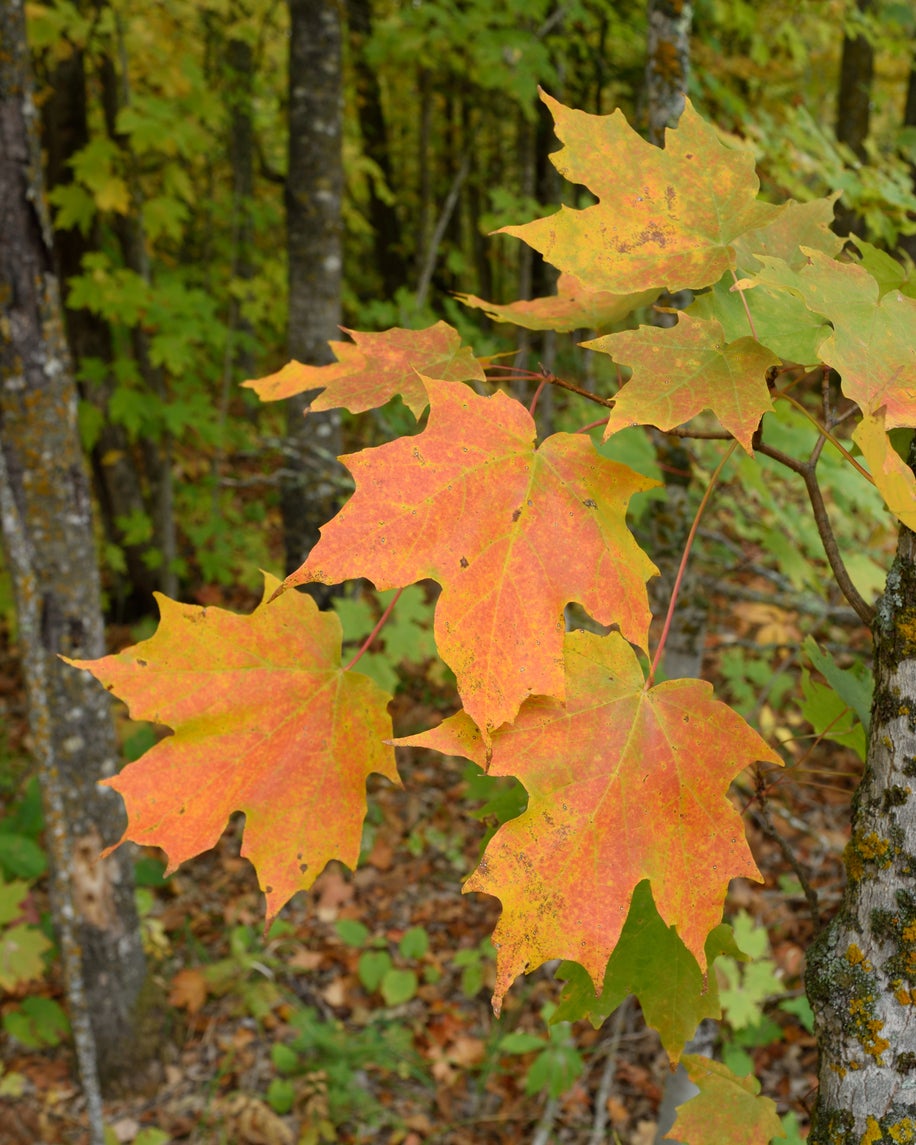
- This large tree grows 50 to 80 feet (15-24.5 m.) tall with a dense canopy that spreads 35 to 50 feet (10.5-15 m.) wide
- Attractive, pale yellow flowers bloom in spring
- Brilliant fall color with many shades on the tree at the same time
Sign up for the Gardening Know How newsletter today and receive a free copy of our e-book "How to Grow Delicious Tomatoes".
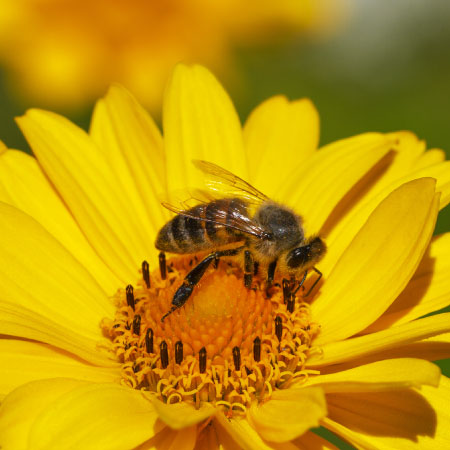
Jackie Carroll has written over 500 articles for Gardening Know How on a wide range of topics.